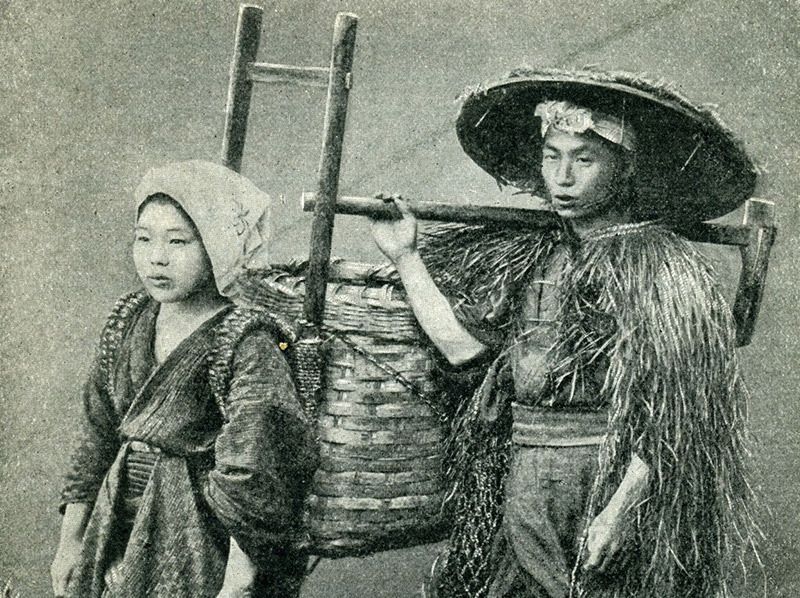 |
| (source) |
A sensei once told me a story about a poor Japanese peasant farmer and his feudal lord. This is my rendition of it.
 |
| (source) |
"But with the development of industry, the proletariat not only increases in number; it becomes concentrated in greater masses, its strength grows, and it feels that strength more. … Thereupon, the workers begin to form combinations (Trades' Unions) against the bourgeois; they club together in order to keep up the rate of wages; they found permanent associations in order to make provision beforehand for these occasional revolts. Here and there, the contest breaks out into riots.
"Now and then the workers are victorious, but only for a time. The real fruit of their battles lies, not in the immediate result, but in the ever expanding union of the workers." (The Communist Manifesto)How old is the communist/socialist movement? I can't answer that with any precision. For my purposes, let's say it's 168 years old, and started in 1848 with the publication of the Communist Manifesto. That's an arbitrary and questionable answer. Still, I hope you'll indulge me: the Manifesto has been translated to at least 80 languages, and is considered a very influential work. It often is the first -- in many cases, doubtless the only -- Marxist text readers encounter.
"Business annual reports provide two basic accounting statements—a balance sheet, which is also termed a statement of condition, and an income statement. A firm's balance sheet lists the dollar value of its assets and liabilities as of a specific date. A firm's income statement lists its revenues and expenses (the difference being profit) for a year. Similar statements are prepared on a national level in the United States. Analogous to a firm's income statement, a nation's production of goods and services for a year (as well as its spending and saving decisions) are summarized in its gross national product (GNP) accounts. Analogous to a firm's balance sheet, the U.S. balance sheet lists the dollar value of assets and liabilities for U.S. residents. The flows that are identified in the GNP accounts and elsewhere are linked to changes in the levels of assets and liabilities reported in this balance sheet".
"About a third of Australian workers are being ripped off by rogue employers who are holding back some or all of their superannuation entitlements, according to a report out today.
"Research by Industry Super Australia and Cbus has found employers dodging superannuation payments are pocketing $3.6 billion per year from 2.4 million workers.
"Under the mandatory Superannuation Guarantee, employers are required to contribute the current minimum 9.5 per cent into the super funds of any worker aged 18 and over earning $450 a month.
"But using Australian Tax Office (ATO) and Australian Bureau of Statistics (ABS) data, the study suggests the average worker was short-changed a conservative $1,489, or four months of super, in 2013-14."What does it all mean?
 |
| Faust's pact with Mephisto, engraving by Julius Nisle, circa 1840. [A] |